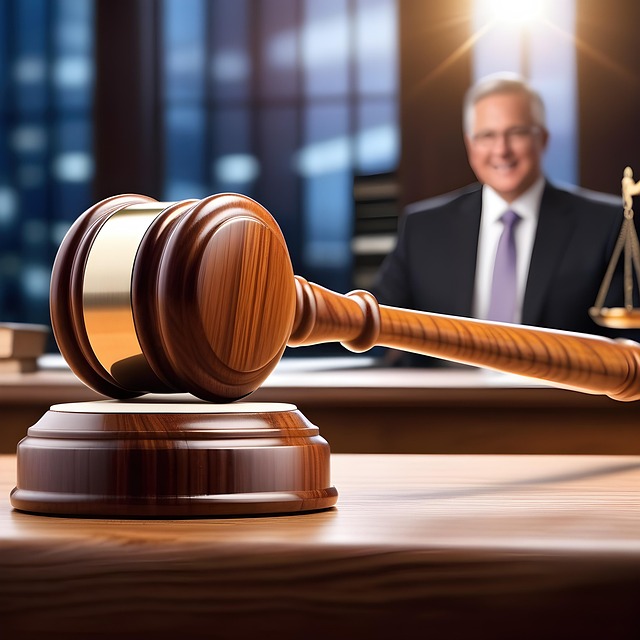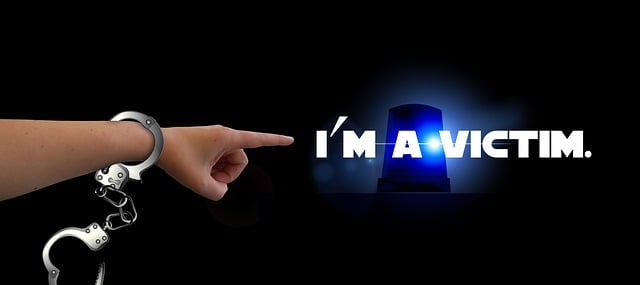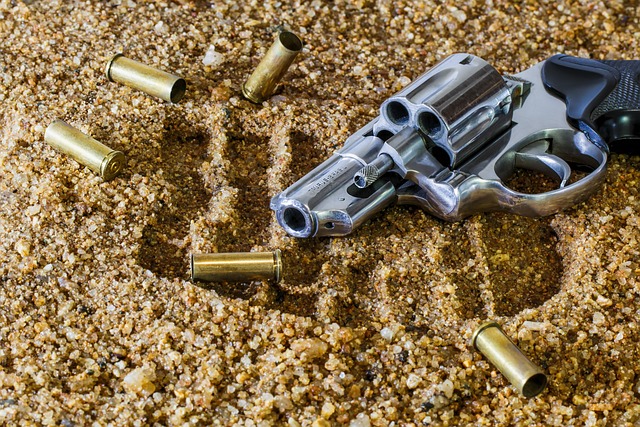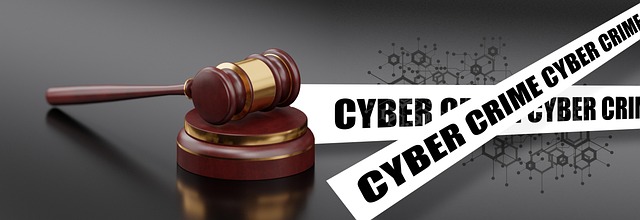Criminal law enforcement maintains societal order through a complex system of investigation, prevention, and justice, with key components including surveillance, arrest, interrogation, and prosecution adhering to legal procedures. The Statute of Limitations for Libel Cases, varying globally from one to two years, is a critical legal concept guiding strategies in libel disputes, protecting rights, and influencing legal outcomes. In pursuit of justice, meticulous investigation and rigorously evaluated evidence are essential, with rules governing admissibility ensuring only reliable information shapes case outcomes. However, outdated Statutes of Limitations hinder investigations and prosecutions, particularly in high-profile cases, demanding reforms for improved jury trial results while balancing civil liberties with swift justice.
Criminal law enforcement is a cornerstone of any society, ensuring public safety and justice. This article offers an in-depth exploration of its multifaceted role, beginning with a comprehensive overview that highlights its significance in maintaining order. We delve into critical aspects such as the Statute of Limitations for libel cases, which serves as a vital mechanism to balance rights and ensure accountability. Additionally, it examines procedures, evidence, and challenges, providing insights into reforms needed in modern criminal law enforcement.
- Understanding Criminal Law Enforcement: An Overview of its Role and Importance
- The Statute of Limitations: A Critical Aspect in Libel Cases
- Procedures and Evidence in Criminal Law Suits
- Challenges and Reforms in Modern Criminal Law Enforcement
Understanding Criminal Law Enforcement: An Overview of its Role and Importance

Criminal law enforcement plays a pivotal role in safeguarding communities and upholding societal order. Its primary function is to investigate and prevent crimes, ensuring public safety through deterrence and swift justice. This intricate process involves various agencies, from local police departments to federal investigative bodies, each contributing uniquely to maintain the delicate balance of society.
The scope of criminal law enforcement encompasses a wide range of activities, including but not limited to, surveillance, arrest, interrogation, and prosecution. A key aspect that sets it apart is the adherence to legal procedures and rights guaranteed by statutes and constitutions. For instance, the Statute of Limitations for Libel Cases outlines time constraints on when such cases can be pursued, ensuring fairness and preventing indefinite legal battles. Moreover, the system facilitates the resolution of disputes through jury trials, offering a balanced approach where both prosecution and defense, including white-collar defense strategies, have opportunities to present their cases. This comprehensive framework underscores the unprecedented track record of criminal law enforcement in protecting citizens and fostering a just society.
The Statute of Limitations: A Critical Aspect in Libel Cases

The Statute of Limitations plays a pivotal role in libel cases, acting as a critical aspect that can significantly impact the outcome of legal proceedings. In many jurisdictions, this statute sets forth a specific time frame within which legal actions must be initiated after an alleged libellous act. For instance, in the context of libel, the time period often ranges from one to two years, depending on regional laws. Adhering to these deadlines is essential for plaintiffs, as it ensures that all claims are addressed promptly and prevents the possibility of an indictment due to staleness.
Understanding the Statute of Limitations for Libel Cases is crucial for both lawyers representing their clients in such matters and for those navigating all stages of the investigative and enforcement process. For attorneys, this knowledge guides legal strategies, ensuring they file suits within the prescribed timeframe. For individuals involved in libel disputes, being aware of these limitations can help them protect their rights and take proactive measures to avoid potential legal complications that may arise from delays.
Procedures and Evidence in Criminal Law Suits

In criminal law enforcement, procedures and evidence play a pivotal role in ensuring justice is served. The process begins with the investigation, where law enforcement officers gather facts and clues to build a case against an accused individual. This includes interviewing witnesses, securing physical evidence, and reviewing any available surveillance footage or digital data. Once sufficient evidence is collected, it must be presented in court in a structured manner, adhering to strict legal guidelines. The rules of evidence govern what is admissible, ensuring that only reliable and relevant information influences the case’s outcome. This includes provisions related to witness testimony, expert opinions, and physical proof, such as fingerprints or DNA samples.
The Statute of Limitations for libel cases is a critical aspect within criminal law suits, dictating the time frame during which prosecutors can bring charges. Across the country, these timelines vary, with some general criminal defense strategies focusing on challenging these limitations to secure winning verdicts. Skilled legal representatives employ intricate legal tactics to navigate these complexities, ensuring that justice isn’t merely served but also impartially and within the confines of the law.
Challenges and Reforms in Modern Criminal Law Enforcement

Modern criminal law enforcement faces a myriad of challenges that demand innovative reforms to stay ahead in the ever-evolving landscape of crime. One prominent issue is the outdated Statute of Limitations for libel cases, which can hinder investigations and prosecution of high-stakes cases, especially those involving influential figures within philanthropic and political communities. This legal hurdle often delays justice, as it sets strict time limits for filing charges, potentially allowing wrongdoers to evade accountability.
Reforms are necessary to adapt to the complex nature of contemporary crimes. Streamlining legal procedures, enhancing evidence collection methods, and promoting collaboration between law enforcement agencies can significantly improve outcomes in jury trials. Moreover, addressing these challenges requires a balanced approach that considers civil liberties while ensuring swift and effective justice for all, especially in cases that resonate within the public sphere.
Criminal law enforcement is a complex and evolving field, essential for maintaining societal order and justice. As discussed, understanding the role and importance of this system is key, especially in cases like libel where the Statute of Limitations plays a critical part. Efficient procedures and robust evidence collection are vital to ensuring fair trials. Moreover, addressing challenges through reforms can enhance the overall effectiveness of criminal law enforcement, making it more responsive to modern issues. By staying informed and adapting to change, we can strengthen our approach to criminal justice.






